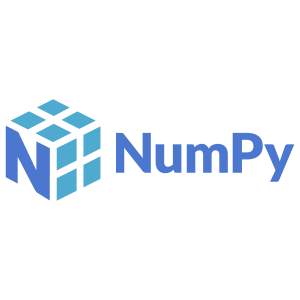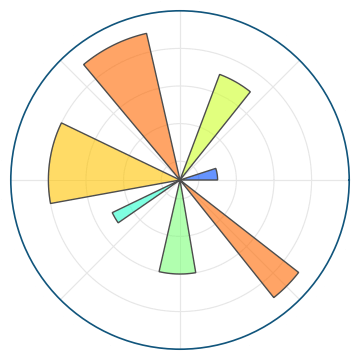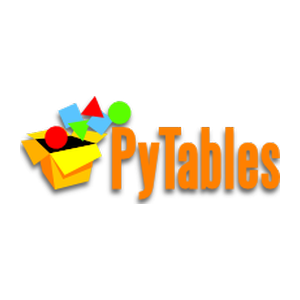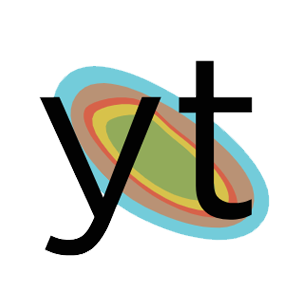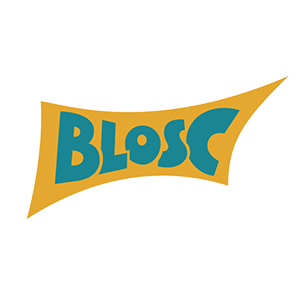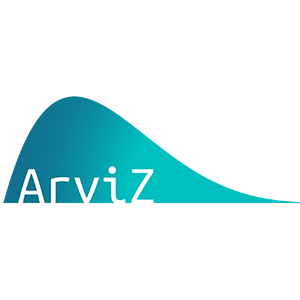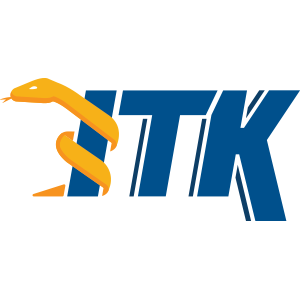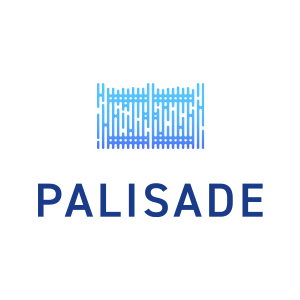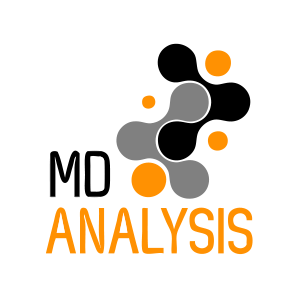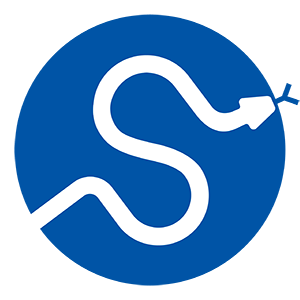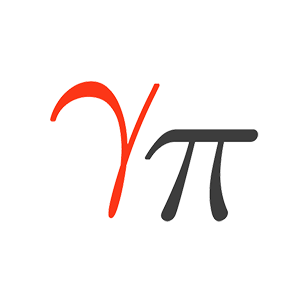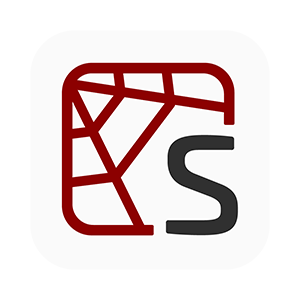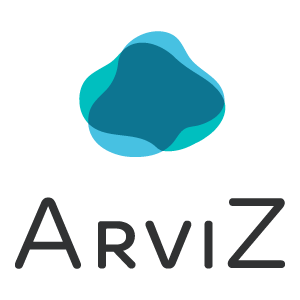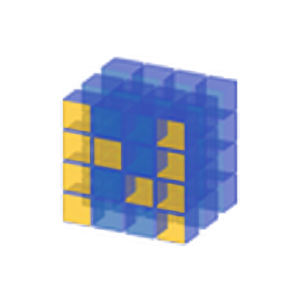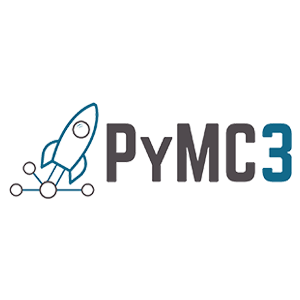
NumFOCUS is pleased to announce the newest addition to our fiscally sponsored projects: conda-forge.
Conda-forge builds and distributes software packages, specializing in the hard-to-build or unique packages that often arise in a scientific computing context. Conda-forge is community-driven and community-curated. This means that no package is too domain-specific and all packages undergo review to ensure quality and interoperability.
The conda-forge GitHub organization contains repositories of conda recipes. Thanks to some awesome continuous integration providers (AppVeyor, CircleCI and TravisCI), each repository, also known as a feedstock, automatically builds its own recipe in a clean and repeatable way on Windows, Linux and OSX.
Conda-forge has a federated structure, where each package has its own list of maintainers, which anyone can join. This helps ensure that people who care about a package are the ones responsible for maintaining it. The conda-forge ecosystem is fully structured around automation. This lets maintainers build packages for systems they do not own (like Windows or Mac), keep their packages up-to-date automatically, and ensure their packages maintain the highest level of quality.
Conda-forge is the preferred way to install large parts of the PyData and R ecosystem. It is used throughout a disparate set of scientific computing domains, from Physics to Biology to Financial Technology and everything in between.
The conda-forge leadership body for NumFOCUS consists of Anthony Scopatz, Filipe Pires Alvarenga Fernandes, Marcel Bargull, Lori Burns, Matt Craig, Eric Dill, Phil Elson, Isuru Fernando, Björn Grüning, Jonathan J. Helmus, John Kirkham, Marius van Niekerk, Mike Sarahan, Patrick Snape, Dougal J. Sutherland, and Christopher J. Wright.
With the addition of conda-forge, the NumFOCUS fiscal sponsorship program now encompasses 24 open source scientific computing projects.

